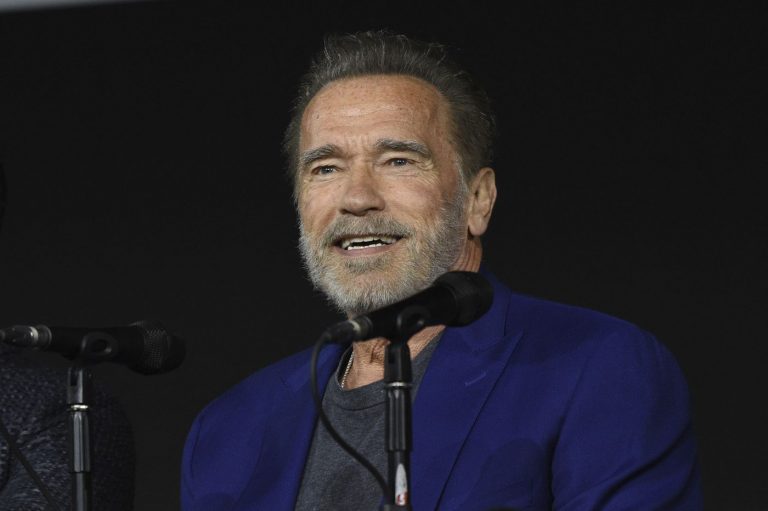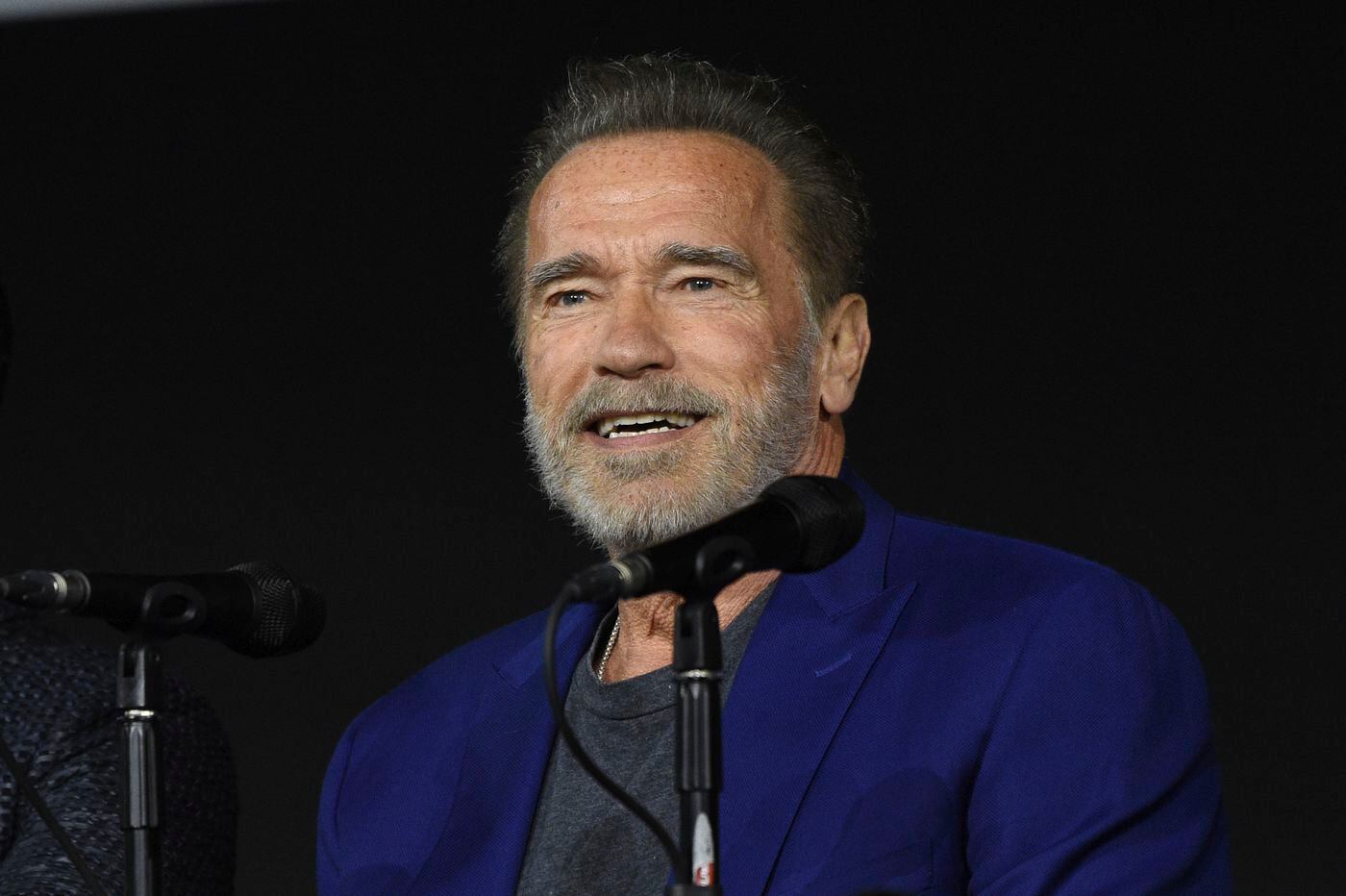
Chris Pizzello / Chris Pizzello/Invision/AP Plant-based diets have been receiving a lot of buzz lately with the recent release of the documentary The Game Changers , about the benefits of plant-based eating for athletes. Vegetarian diets are often based on ethical concerns and/or animal welfare. Vegetarian diets vary greatly on whether dairy and/or animal products are included. For example, a lacto-ovo vegetarian diet includes dairy products, but excludes meat; whereas plant-based, or vegan diets, exclude all animal products, but include nuts, soy, beans, legumes, grains, fruits and vegetables.
A recent review in the journal Nutrients looked not only at the cardiovascular benefits of eating plant-based diets, but how they might affect athletic performance. Avoiding meat and dairy products has been shown to reduce risk of cardiovascular disease, high blood pressure, type 2 diabetes, weight gain, and certain cancers. But how does this help athletic performance? Eating more whole grains, fruits, vegetables, legumes, beans and nuts, increases an athlete’s intake of dietary fiber, antioxidants, carbohydrates, and phytonutrients , which could improve blood flow, reduce inflammation, or aid weight control, thereby enhancing training, performance, and recovery.
Despite the benefits of eating plant-based foods, research has not proven a direct correlation between eating a vegan diet and improved athletic performance. Levels of iron, calcium, vitamin D, zinc, and vitamin B12 may be lower than recommended when eating a plant-based diet, requiring athletes to pay particular attention to balancing their intake, either through supplementation or fortified plant-based foods, to ensure there are no deficiencies. In addition, athletes may not be able to eat enough calories to support their training when eating a plant-based diet, resulting in compromised athletic performance and undesired weight loss.
Dietary protein needs are higher in athletes than non-athletes. To repair and build muscle after training, athletes need to eat high quality protein rich foods, including the amino acid leucine , throughout the day. It is recommended for most elite athletes to eat about 20 to 40 grams of protein every three to four hours throughout the day. This can be met easily by eating, for example, 3 to 6 ounces of chicken; however, a vegan athlete will have to eat a larger amount of plant-based foods to meet their protein needs. For example, a salad with ½ cup chickpeas, ¼ cup nuts, vegetables and 6 ounces of tofu contains about 24 grams protein. Vegans need to balance their diets to include high-quality protein foods such as tofu, quinoa, buckwheat, amaranth, edamame, soymilk, and soy yogurt throughout the day to achieve their protein needs.
Eating a plant-based diet requires a little more planning and preparation to ensure nutrient needs are being met. A list of suggested food sources for vegan athletes to eat daily include the following: Protein : Grains, legumes, tofu, quinoa, nuts, and seeds, plant-based burgers, beans, pea and soy protein supplements
Omega-3 fats : Flax seeds, walnuts, chia seeds, hemp seeds, seaweed, algae
Vitamin B12 : Supplements, fortified cereals, plant milks, nutritional yeast fortified
Iron : legumes, grains, nuts, seeds, fortified foods, green vegetables
Zinc : Beans, nuts, seeds, oats, wheat germ, nutritional yeast
Calcium : Tofu, fortified plant milks and juice, kale, broccoli, spouts, cauliflower, bok choi
Iodine : Seaweed, cranberries, potatoes, prunes, navy beans, iodized salt
Vitamin D : Fortified plant milk and juices, mushrooms, soy yogurt, fortified cereals, vitamin D2 supplements
Eating a plant-based diet poses some concerns for athletes who need to ensure they are meeting their energy and nutrient needs for training, performance, and proper recovery. However, through strategic meal planning, athletes can achieve their nutritional needs and gain the health benefits as well by eating a plant-based diet.
This post is curated. All content belongs to original poster at www.inquirer.com

Plant-based diets have been receiving a lot of buzz lately with the recent release of the documentary The Game Changers, about the benefits of plant-based eating for athletes.
Vegetarian diets are often based on ethical concerns and/or animal welfare. Vegetarian diets vary greatly on whether dairy and/or animal products are included. For example, a lacto-ovo vegetarian diet includes dairy products, but excludes meat; whereas plant-based, or vegan diets, exclude all animal products, but include nuts, soy, beans, legumes, grains, fruits and vegetables.
A recent review in the journal Nutrients looked not only at the cardiovascular benefits of eating plant-based diets, but how they might affect athletic performance. Avoiding meat and dairy products has been shown to reduce risk of cardiovascular disease, high blood pressure, type 2 diabetes, weight gain, and certain cancers. But how does this help athletic performance? Eating more whole grains, fruits, vegetables, legumes, beans and nuts, increases an athlete’s intake of dietary fiber, antioxidants, carbohydrates, and phytonutrients, which could improve blood flow, reduce inflammation, or aid weight control, thereby enhancing training, performance, and recovery.
Despite the benefits of eating plant-based foods, research has not proven a direct correlation between eating a vegan diet and improved athletic performance. Levels of iron, calcium, vitamin D, zinc, and vitamin B12 may be lower than recommended when eating a plant-based diet, requiring athletes to pay particular attention to balancing their intake, either through supplementation or fortified plant-based foods, to ensure there are no deficiencies. In addition, athletes may not be able to eat enough calories to support their training when eating a plant-based diet, resulting in compromised athletic performance and undesired weight loss.
Dietary protein needs are higher in athletes than non-athletes. To repair and build muscle after training, athletes need to eat high quality protein rich foods, including the amino acid leucine, throughout the day. It is recommended for most elite athletes to eat about 20 to 40 grams of protein every three to four hours throughout the day. This can be met easily by eating, for example, 3 to 6 ounces of chicken; however, a vegan athlete will have to eat a larger amount of plant-based foods to meet their protein needs. For example, a salad with ½ cup chickpeas, ¼ cup nuts, vegetables and 6 ounces of tofu contains about 24 grams protein. Vegans need to balance their diets to include high-quality protein foods such as tofu, quinoa, buckwheat, amaranth, edamame, soymilk, and soy yogurt throughout the day to achieve their protein needs.
Eating a plant-based diet requires a little more planning and preparation to ensure nutrient needs are being met. A list of suggested food sources for vegan athletes to eat daily include the following:

- Protein: Grains, legumes, tofu, quinoa, nuts, and seeds, plant-based burgers, beans, pea and soy protein supplements
- Omega-3 fats: Flax seeds, walnuts, chia seeds, hemp seeds, seaweed, algae
- Vitamin B12: Supplements, fortified cereals, plant milks, nutritional yeast fortified
- Iron: legumes, grains, nuts, seeds, fortified foods, green vegetables
- Zinc: Beans, nuts, seeds, oats, wheat germ, nutritional yeast
- Calcium: Tofu, fortified plant milks and juice, kale, broccoli, spouts, cauliflower, bok choi
- Iodine: Seaweed, cranberries, potatoes, prunes, navy beans, iodized salt
- Vitamin D: Fortified plant milk and juices, mushrooms, soy yogurt, fortified cereals, vitamin D2 supplements
Eating a plant-based diet poses some concerns for athletes who need to ensure they are meeting their energy and nutrient needs for training, performance, and proper recovery. However, through strategic meal planning, athletes can achieve their nutritional needs and gain the health benefits as well by eating a plant-based diet.







